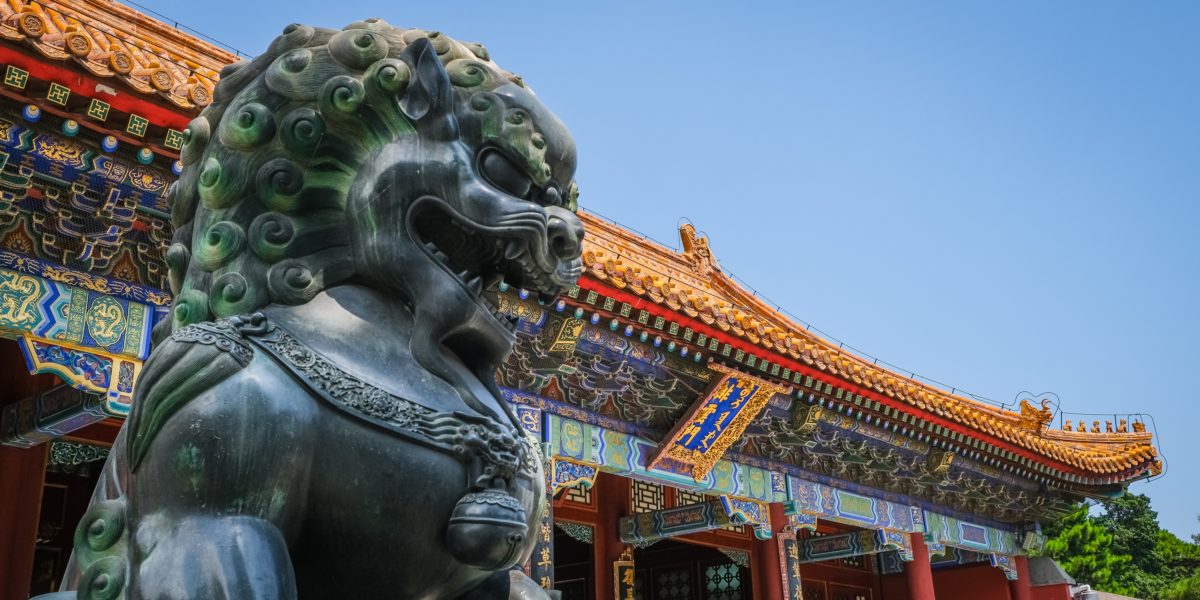With recent developments in the standing of prominent Chinese companies on Amazon, it is only natural to ask: How did we get here? How did it come to be that some of the biggest sellers on Amazon, such as Aukey and Mpow, thought they could game the system with impunity? When did fake reviews become so prevalent that buyers could no longer realistically trust the ratings before making a purchase?
“Amazon Unbound,” Brad Stone’s indispensable sequel to “The Everything Store” answers this question with an entire chapter devoted to Amazon’s pivot to Chinese sellers.
According to Stone, Amazon was inspired by Wish.com, the e-commerce platform heralded as unlocking the “gamification” of shopping. For those unfamiliar with Wish, you can think of it as a sort of Internet thrift store, except instead of used clothing the virtual shelves are stocked with the detritus of Chinese factories. There is no way of knowing if the product you bought is any good enough until it shows up on your doorstep a few weeks later. But the price ends up being so cheap that the mere chance that it is makes it worth it.
Apparently, Jeff Bezos was impressed by this model, and sought to emulate it. “Amazon Unbound” relates a conversation between the former Amazon CEO and Sebastian Gunningham, the SVP for Marketplace:
“After one conversation about [Wish], Bezos looked at Sebastian Gunningham and said, ‘You’re on this, right?’ Gunningham later noted that ‘Wish inspired us. They hit a nerve.”
Another executive, Adrian Agostini recalled, “Jeff and Sebastian’s view was that all selection is good selection…They wanted rules in place: don’t offend, don’t kill, don’t poison. Other than that, you take what you get and let customers decide.”
For many years, Amazon topped surveys as the most trusted brand in America. Shoppers believed that if they were buying something on Amazon, they could rest assured that it was high quality. Turns out, Amazon executives were not content with that situation. In-house data suggested they could make more money by passing the onus for determining the quality of a product onto consumers. I’ll quote in full several paragraphs explaining how the decision was made, because it is absolutely crucial for comprehending how the Amazon marketplace turned into the Wild Wild West it is today:
Quality was once again being pitted against quantity. Did Amazon want a calm, orderly store with only well-known and trustworthy brands? Or did it favor a more chaotic marketplace with a more extensive variety of products and prices?
Execs didn’t have to guess which customers preferred: their choice was clear in numerous trials and experiments. Amazon’s German website, for example, allowed third-party merchants to list and sell a wide variety of branded and generic shoes, while Amazon’s UK site featured a curated shoe store with only more expensive brand-name footwear. The German site performed markedly better, because of the greater selection and cheaper options.
This finding was significant, because Amazon’s corporate compass only pointed one way: toward was customers wanted. And it turned out that plenty of people will buy dirt cheap sneakers on the internet, even if they suspect the shoes are not destined to last that long.
There is your answer for you. And although the paragraphs above make consumers seem like uncultured and penny-pinching simpletons, elsewhere the same tendency is presented as a sign of the modern buyer’s sophistication. After all, the world’s most popular products, from the world’s most popular brands, are manufactured in the same Chinese factories as the brandless wares on Amazon. And since China doesn’t protect intellectual property rights, in many cases the dirt-cheap brandless products are the exact same products sold by fashion houses or tech giants as luxury goods in the United States. Viewed from such a perspective, it would be downright foolish to pay five times more when given the option.
This explains the influx of Chinese sellers—a “Cambrian explosion,” as Stone memorably puts it—on Amazon. The executive team at Amazon made the conscious decision to open the floodgates to merchants from the Middle Kingdom, without erecting any safeguards to prevent fraud and abuse. If you don’t penalize blackhat tactics like purchasing fake reviews, the logical conclusion is that you tacitly endorse it, as long as your products bring in revenue, (and ideally also “don’t offend, don’t kill, and don’t poison”). Positive customer reviews have long been the #1 way to get products to the top of Amazon’s search pages, thereby driving traffic and increasing sales.
The good news is that after half a decade, there now seems to be a tectonic shift in Amazon’s policies, or at least the enforcement thereof. Chinese companies are now being punished for not following the rules. In order to succeed, they will need to find new ways to differentiate their products. Ironically, they may be forced to take the next step and finally build their brands.

